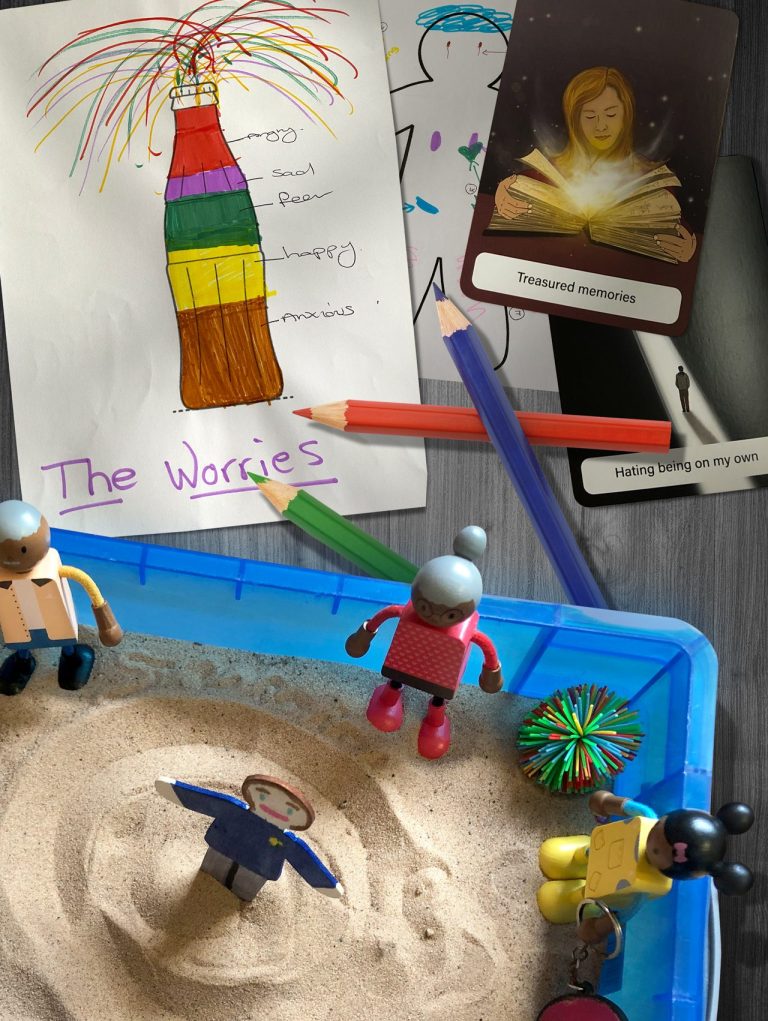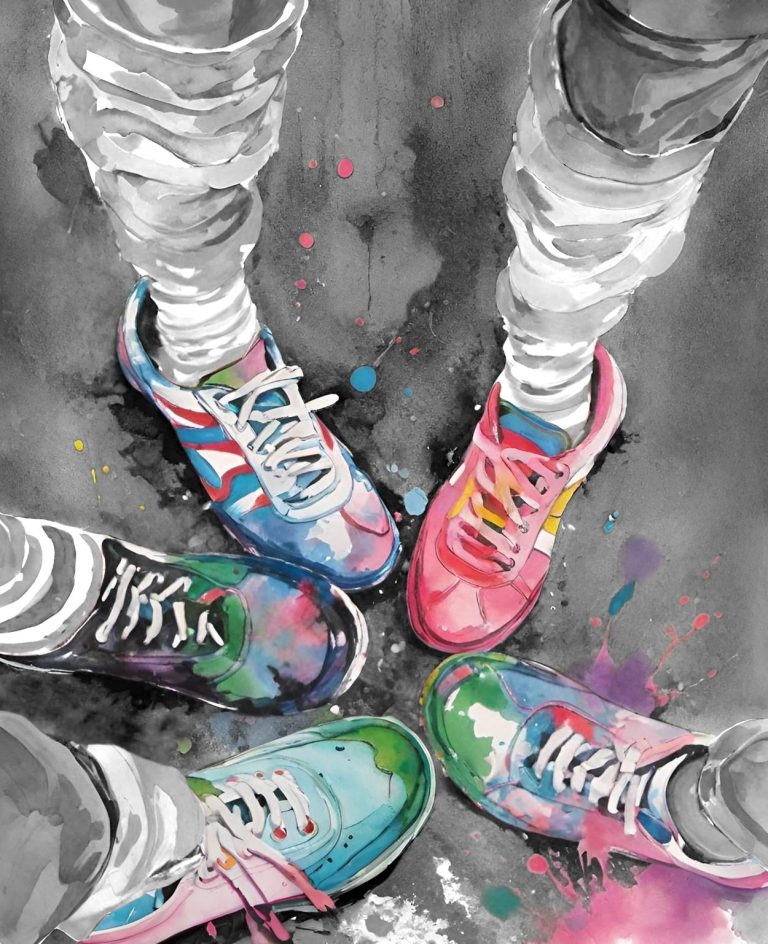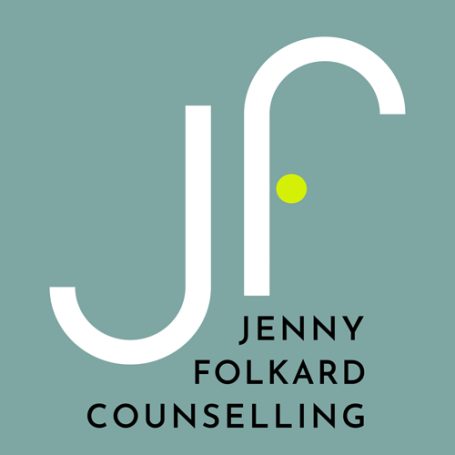Counselling in Schools
Primary School
Art & play therapy in action
In primary schools, art therapy plays a crucial role in helping children unlock and understand complex thoughts and feelings.
By using creative tools such as paint, clay, sand trays and puppetry, children can explore their emotions in a non-verbal way, which is often easier than articulating their feelings directly. This approach allows them to express themselves through creative play, offering insights into their inner world that might be difficult to convey with words.
Establishing a trusting and supportive relationship is essential, as it creates a safe space for children to engage in play that often serves as a metaphor for sensitive topics.
This method helps them feel more comfortable and open to exploring and understanding their emotions and behaviours.


Senior School
1-2-1 Therapy
Adolescence is a pivotal and often challenging time, marked by significant physical, emotional and environmental changes that can feel overwhelming. With over 15 years of experience working with teens in senior schools, social care and public sector substance misuse services, I offer a range of therapeutic strategies tailored to address the multifaceted factors affecting mental health during this crucial period.
The impact of risk factors such as exposure to adversity, peer pressure, identity issues, social media, violence, bullying, parenting, poverty and discrimination can be profound. These factors contribute to a spectrum of emotional and behavioural challenges, including disorders, risk-taking behaviours and self-harm. Early detection and intervention are essential in addressing these issues effectively. My approach focuses on strengthening emotional regulation, building resilience and fostering a positive self-worth, while promoting supportive social environments and networks. By prioritising these aspects, I aim to provide teens with the tools and support they need to navigate their adolescent years with greater confidence and well-being.
Group Intervention
Harnessing happiness
Group therapy offers a valuable opportunity for young people to support one another while learning structured techniques for emotional strength and well-being. Over a six-week program, participants engage in positive peer interactions, which not only foster a sense of community but also enhance the learning process. This collaborative environment encourages teens to share experiences and insights, reinforcing the techniques they are mastering.
The program integrates an understanding of basic neuroscience to explain the underlying mechanisms of the strategies being taught, helping participants grasp why these techniques are effective. Each teen will create their own personalised creative workbook, which they can take home to continue their positive journaling journey. This workbook serves as a tool for ongoing reflection and growth, allowing them to apply the skills learned in therapy to their everyday lives and reinforce their emotional resilience.

We need your consent to load the translations
We use a third-party service to translate the website content that may collect data about your activity. Please review the details in the privacy policy and accept the service to view the translations.

